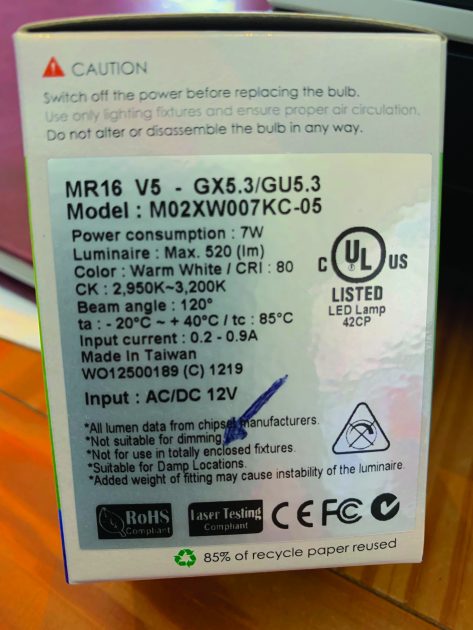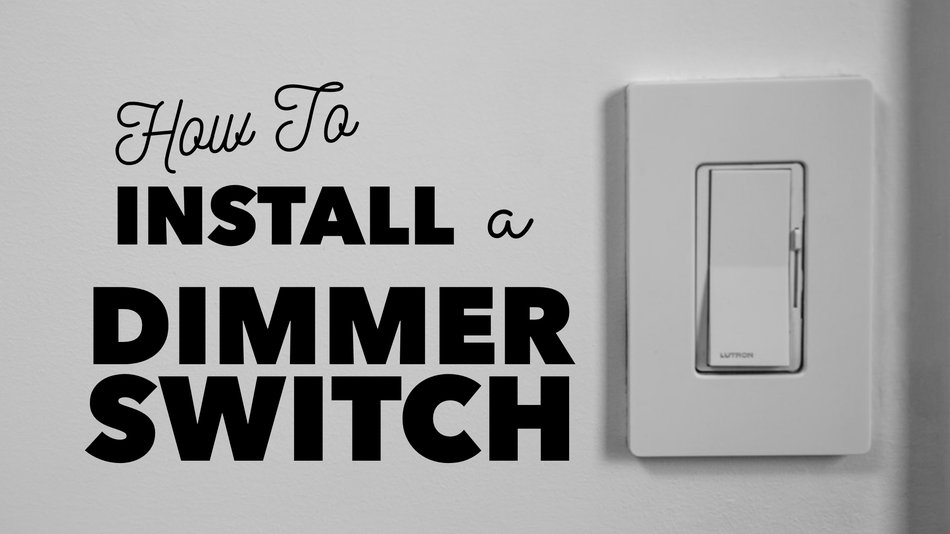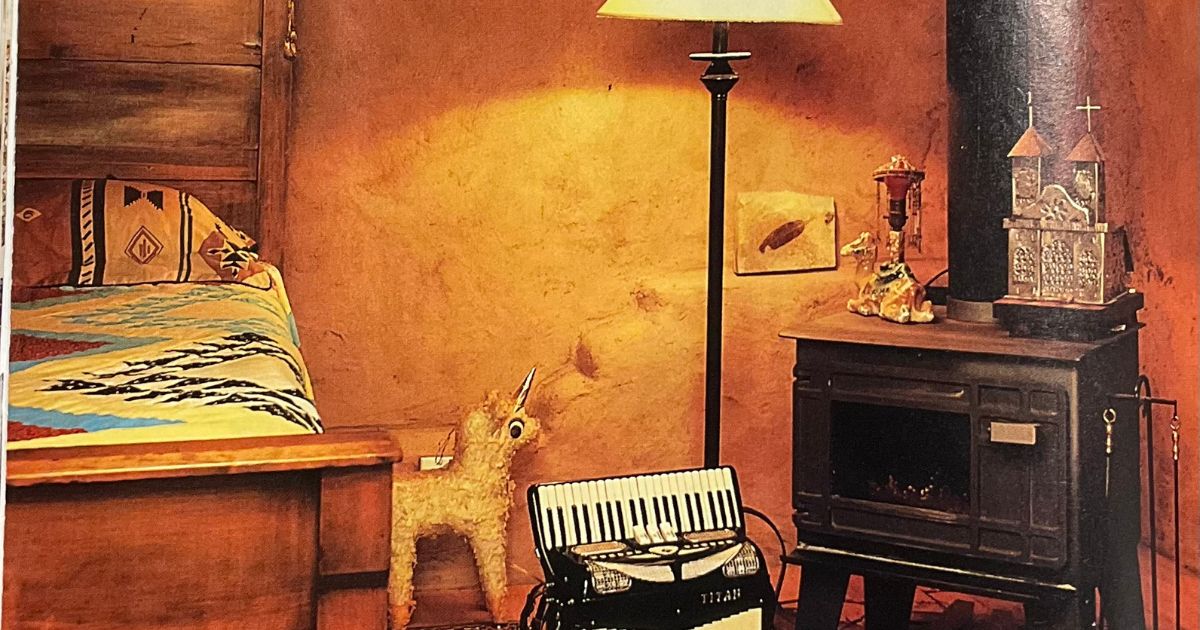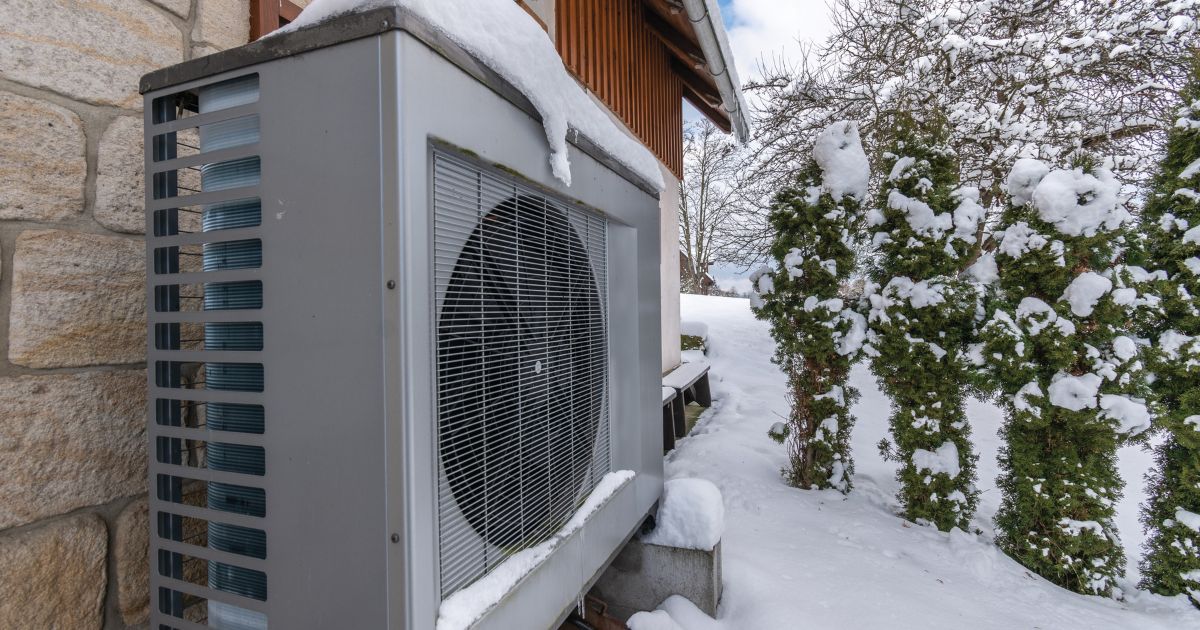Control the light intensity in your home, and you control the emotional atmosphere of the space. This is what dimmer switches are all about, and though we’ve had basic dimmers for many decades, these days there are more to choose from. Dimmer switches and light bulbs are also more complex than ever. Learn to deal with the three main challenges of dimming indoor lights at your place, and you’ll enjoy your home more.
Light Dimmer Challenge No. 1: Poor LED Dimmer Performance
So you’ve installed some LED bulbs, but these lights don’t dim like they should (or maybe not at all). This is a common problem and a relatively new one. In the days when the vast majority of household lighting involved incandescent bulbs only, adding a dimmer switch to a lighting circuit was straightforward. Simply shut off the power to the circuit, test that the power really is off, then swap out the old non-dimmable switch for the new dimmable one, following the same wiring pattern. The same approach applies to halogen lights, as well as incandescents [TK CM2]. Unfortunately, while LED lights are a definite step forward in some ways, they complicate the issue of dimming considerably.
Is your new dimmer switch providing erratic control of LED bulbs? Or maybe there’s no dimming action at all? In order to successfully dim an LED-lit room, you need to do the following three things.
- Be sure you’re using truly dimmable LED bulbs.
Many LEDs are not dimmable, so you need to look for this capability on the bulb itself. There’s nothing you can do to reliably dim an ordinary LED bulb, so don’t frustrate yourself trying. Do you have an existing LED bulb that’s not dimming properly or at all after installing an LED-compatible dimmer switch? If the bulb doesn’t say “dimmable” somewhere on it, then you’re going to need another bulb. You can use dimmable LEDs in non-dimmable circuits, but not the other way around. - Use an LED-compatible dimmer switch.
Not all dimmer switches can control LED bulbs properly, even if those bulbs are the dimmable type. If the switch doesn’t actually say it’s compatible with LED bulbs, don’t use the product on anything other than old-fashioned incandescent or halogen bulbs. If you have an existing dimmable LED light that’s not behaving properly, look for the word “dimmable” somewhere on the switch body (but only after turning off the power at the panel, and then checking that it really is off). - Avoid cheap LED bulbs.
LED bulbs can be tricky. Quality and product honesty is all over the map, since the market is wide open and fragmented by dozens of obscure overseas manufacturers. Even some expensive LED bulbs perform poorly, and many don’t last long enough to justify their high cost, or they display both faults. If you’re using a high-quality, name-brand LED-compatible dimmer switch and you’re still experiencing erratic light control (or no dimmer control at all), the problem could be your LED bulbs. Try a recognized brand name that’s rated as dimmable. Look at online reviews for bulbs that other homeowners have found to be truly dimmable.
Light Dimmer Challenge No. 2: Your Working Dimmer Went Bad
If you’ve got a dimmable lighting circuit that used to work well but doesn’t anymore, you’ll almost certainly need to install a replacement dimmer switch. Before you go to that trouble though, ask yourself the following questions.
- What kind of light bulbs are you dimming?
If the light bulbs involved are either incandescent or halogen, then your dimmer switch has probably gone bad. If you’re dimming LEDs, have you changed the bulb recently? If so, you may have installed a non-dimmable LED by accident (or one that claims to be dimmable but isn’t). Be sure that any new LED bulbs are truly dimmable. If the LED bulb hasn’t been changed or you’ve installed an LED that you know is truly dimmable, then it’s time to buy a new switch. - Do you know how to safely work with electricity?
By now you know the importance of selecting the correct dimmer switch for LED bulbs. With a suitable replacement dimmer in hand, swapping out the old one involves shutting off the power to that circuit at the main panel, testing that the power really is completely off at the switch, then removing the old dimmer and installing the new one. If you’ve never been taught to work safely with electricity, turn the job of switch replacement over to an experienced person, then watch and learn from them. The electricity in a switch box has more than enough power to kill you. Do not attempt to replace the switch, unless you’ve also proven you know how to work safely with electricity. Even if power to the lighting circuit is switched off, it’s still possible that other wiring inside the same switch box is still live.
Any new dimmer switch will have the same kind of wiring connections as the old one, so the actual work of replacement is not complicated. If you are experienced with wiring and plan to tackle the work yourself, take photos of which wires go to which terminals on the existing switch before you take things apart. It never hurts to have photos to refer to as you work.

The electricity in a switch box has more than enough power to kill you.
Do NOT attempt to replace the switch,
unless you’ve also proven you know how to work safely with electricity.
Even if power to the lighting circuit is switched off,
it’s still possible that other wiring inside the same switch box is still live.
Challenge No. 3: Adding New Dimmer Capability
Would you like to do this the hard way or the easy way? The hard way involves replacing the existing non-dimmable switch with an appropriate one, and changing the bulbs if necessary. This is the only approach for dimming a light that’s hard-wired into your home circuitry, such as a ceiling fixture.
Would you like to make a wall outlet dimmable for controlling a floor or table lamp? That’s much easier. Smart outlets of the kind that plug into an existing wall socket are foolproof. Smart outlets like these can connect to your home’s Wi-Fi network, allowing you to switch or dim lights as desired, whether you’re at home or on the other side of the globe.
More Canadian homes need dimmer switches because reduced lighting is a beautiful thing. Do your homework and enjoy better and more relaxing downtime during the evening.
Steve Maxwell and his wife Mary live on a 90-acre modern homestead on Manitoulin Island, Ontario in a stone house they built with local materials beginning in 1985. Steve is Canada’s longest-running home improvement and how-to columnist and editor of Home and Property. He divides his time working on the land, building things large and small, and creating articles and how-to videos that teach sustainable, self-reliant, hands-on living skills.













